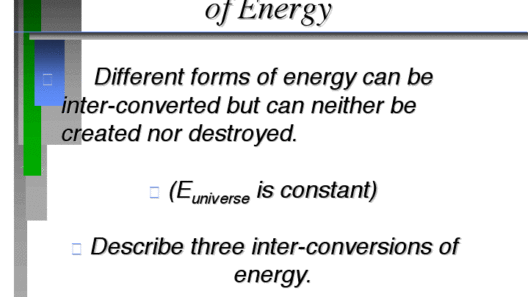Water and energy are the lifeblood of our homes, yet we often underestimate their importance and take them for granted. Imagine living in a world where every droplet of water is as precious as gold and every watt of energy as rare as a diamond. In a time when environmental awareness is paramount, it becomes imperative to embrace simple, eco-friendly hacks that conserve these vital resources. Below are effective strategies to reduce water and energy consumption, creating a harmonious balance within our households and the broader ecosystem.
1. Install Water-Efficient Fixtures
Think of your home as an ecosystem where every drop counts. Installing water-efficient fixtures is akin to placing a dam in a river, controlling the flow without stifling nature’s rhythm. Faucets, showerheads, and toilets designed to use less water can significantly reduce consumption. Low-flow showerheads, for instance, can save up to 2.5 gallons per minute without sacrificing pressure. Additionally, dual-flush toilets allow users to select a lower volume for liquid waste, significantly cutting down on water waste.
2. Optimize Water Usage
Implementing mindful water usage is like orchestrating a symphony. Timing is everything. For example, run your dishwasher and washing machine only when they are full. This simple adjustment maximizes efficiency, ensuring each cycle is as productive as possible. Further, consider collecting rainwater in barrels. This practice not only conserves potable water but also provides a resource for gardening and outdoor cleaning activities.
3. Embrace Energy-Efficient Appliances
Much like upgrading from a manual typewriter to a sleek laptop, integrating energy-efficient appliances will drastically reduce energy consumption. Look for devices bearing the Energy Star label; they are designed to use less energy and water than their traditional counterparts. This seemingly small investment can lead to significant savings on utility bills while simultaneously minimizing your carbon footprint.
4. Adjust Thermostat Settings
The thermostat is your home’s compass, guiding the climate within. By setting your thermostat just a few degrees lower in winter and a few degrees higher in summer, you can drastically reduce energy usage. Consider investing in a programmable thermostat that adjusts automatically based on your schedule, optimizing energy consumption when you are away from home.
5. Use Natural Light Wisely
Natural light is the solar gift that keeps on giving. Harnessing daylight can minimize your reliance on electricity. Position mirrors strategically to reflect light deeper into your living spaces or opt for lighter curtains that invite sunlight to dance across your home. This not only reduces energy usage during the day but also enhances your mood—bright spaces can invigorate the spirit much like a gentle morning sun.
6. Participate in Energy Audits
Conducting an energy audit is akin to having a check-up for your home. It unveils hidden inefficiencies lurking in the shadows. You can perform a basic audit by checking for air leaks around windows and doors, and assessing the insulation in your attic and walls. You might find that sealing drafts with weather stripping or caulking can make a world of difference, conserving energy as effectively as a cap stops a bottle from spilling.
7. Rethink Your Heating and Cooling Systems
Your heating and cooling systems are the heart and lungs of your home, vital for comfort but often wasteful. Regular maintenance is crucial; clean or replace filters monthly to enhance efficiency. In addition, consider investing in a geothermal heat pump or a high-efficiency air conditioner. These options provide a sustainable method for temperature regulation, harnessing nature’s resources instead of relying solely on fossil fuels.
8. Curb Watering of Gardens
Your garden can flourish without drowning. Implementing xeriscaping—utilizing drought-resistant plants—can drastically reduce the need for watering. Native plants are not only beautiful but require far less water than exotic species. Additionally, watering gardens during the early morning or late evening minimizes evaporation, ensuring that every droplet does what it does best—nourish the roots.
9. Adopt a Mindful Attitude Towards Waste
Just as nature has no waste, your home should strive towards zero waste. Composting organic matter transforms kitchen scraps into nutrient-rich soil, reducing the need for chemical fertilizers and minimizing landfill contributions. Similarly, consider embracing a renewable energy provider or installing solar panels. These options create sustainable energy, setting the stage for a future that is less reliant on dwindling fossil fuels.
10. Promote Awareness Among Family Members
Cultivating an eco-conscious mindset within your family is like planting seeds in the fertile ground of shared responsibility. Initiate conversations about conservation and involve family members in decision-making processes regarding water and energy usage. Create a household chart tracking usage, celebrating achievements in reducing consumption. The more involved everyone feels, the more likely they will embrace these necessary changes.
By implementing these eco-friendly hacks, you not only reduce water and energy consumption but also contribute to a collective mission—preserving our planet for generations to come. The challenge may seem daunting, but as each facet of your home aligns harmoniously with these practices, the cohesive rhythm of conservation will echo throughout your household, sustaining life in the greater ecosystem. Ultimately, every action taken today plants the seeds for a greener tomorrow.







